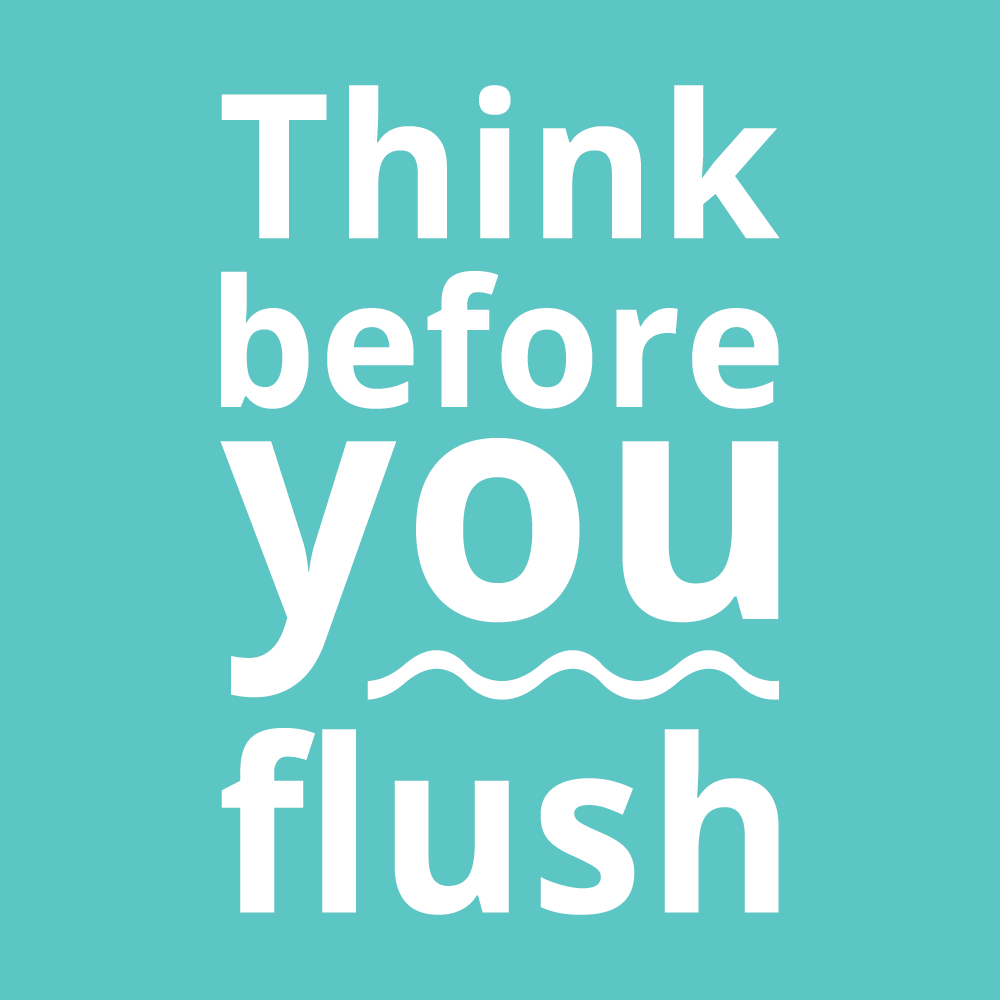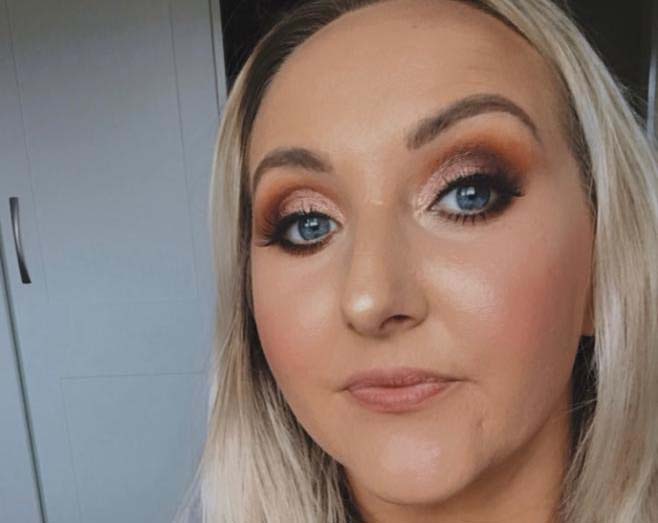Kelly O’Dowd and the Think Before You Flush campaign are urging the people of Longford not to flush unsuitable items like wet wipes and cotton pads down the toilet.
On Tuesday 18th May, Kelly O’Dowd, a Longford based makeup artist, is teaming up with the Think Before You Flush campaign by urging the people of Longford to make small changes in their flushing behaviour. Kelly shares why flushing unsuitable items like wet wipes and cotton pads down the toilet is problematic, as well as some tips, on her social media accounts: @kellyodowdmakeupartist on Instagram and Facebook.
There is no denying wet wipes are incredibly useful. Many people love the convenience of disposable makeup remover wipes but are unaware of the problems associated with these single-use items. As well as coming in plastic packaging, many makeup-remover wipes, baby wipes, and antibacterial wipes contain some form of plastic. Unfortunately, the plastic in wet wipes does not disappear when you dispose of them – plastic’s biodegradability is low, meaning it can take hundreds, if not thousands of years to break down. A recent study conducted in Galway, Clare and Mayo by Scientists from Earth and Ocean Sciences and the Ryan Institute at NUIG, found that 50% of wipes labelled as ‘flushable’ were actually made of plastic and were not biodegradable.
Why #ThinkB4UFlush?
Unlike toilet paper, which is designed to disintegrate quickly in our pipes and sewage systems, the synthetic materials in wipes makes them very strong and unable to break down. When wipes are flushed down the toilet, they can causes blockages in our wastewater network, pumping stations and wastewater treatment plants. They can also end up on our beaches and in our oceans, damaging our marine environment. Think Before You Flush is a public awareness campaign operated by Clean Coasts in partnership with Irish Water, addressing the issue of flushing these unsuitable items down the toilet. Other problem items include cotton buds, dental floss, and sanitary products, many of which also contain plastic and should never be flushed.
Longford, as well as having the River Camlin flowing through it, is a stone’s throw from the longest river on the island of Ireland, The River Shannon. Speaking about the issue of sewage related waste, Kelly said “It’s really disheartening to see rubbish in our local rivers, lakes and coastal areas. So what can we do locally to combat the issue? I’m leading by example in my own house because I have four girls, so I’ve completely stopped using cotton pads for taking off my makeup. Now I’m using a non-abrasive or soft face cloth with a bit of warm water and cleanser to take off my makeup. It’s so simple, it’s effective and it’s reusable – you can put it in the washing machine. Another thing that I’m doing is obviously making sure we have bins in all our bathrooms, so there’s no reason for anybody to even want to put anything down the toilet. We’re all going to be here now for another Summer, so why not enjoy what we have around us, keep it clean and make sure that we dispose of things properly so that we can all enjoy the lovely country we have with our families.”
Speaking about the campaign, Sinead McCoy, Clean Coasts said: “Through the Think Before You Flush campaign, we are working with Irish Water to change the nation’s flushing behaviour which will make a difference to our coastal environment. The Think Before You Flush campaign, through education and awareness, aims to prevent items like cotton bud sticks washing up on Ireland’s spectacular beaches. By making small changes in our flushing behaviour we can prevent the harm caused by sewage related litter in the marine environment. We are asking people to dispose of wipes and sanitary waste items in the bin instead of the toilet, this small change can make a big difference.”
Annabel FitzGerald, Regional Communications Lead with Irish Water, added “Irish Water is delighted to partner with Clean Coasts on Think before You Flush and it’s great to see Irish makeup artists getting behind the campaign. Small changes in how we remove our make-up can have a positive impact on our wastewater network and the environment. Every month, Irish Water removes approximately a tonne of wipes and other inappropriately flushed items from Longford wastewater treatment plant and we clear hundreds of blockages from the network every year. The majority of these blockages are caused by items such as wipes, cotton wool, cotton pads and sanitary products being flushed down the toilet. A simple solution is to only flush the 3 P’s – pee, poo and paper down the toilet and everything else goes in the bin.”
What can you do?
- Put a bin in your bathroom (to reduce the likelihood of wipes and other sanitary related litter ending up in the toilet). You can even download some of our Think Before You Flush resources and stick them up as a reminder.
- Switch to reusable options (to reduce your reliance on single-use items like wipes is to switch to reusable alternatives like a facial cloth). For a zero-waste option, you can make your very own DIY make-up remover or toner too.
- Switch to plastic-free alternatives where possible and always dispose of these items in the general waste bin when you’ve finished with them and never down the toilet.
Join the campaign at www.thinkbeforeyouflush.org and follow @CleanCoasts on social media.

